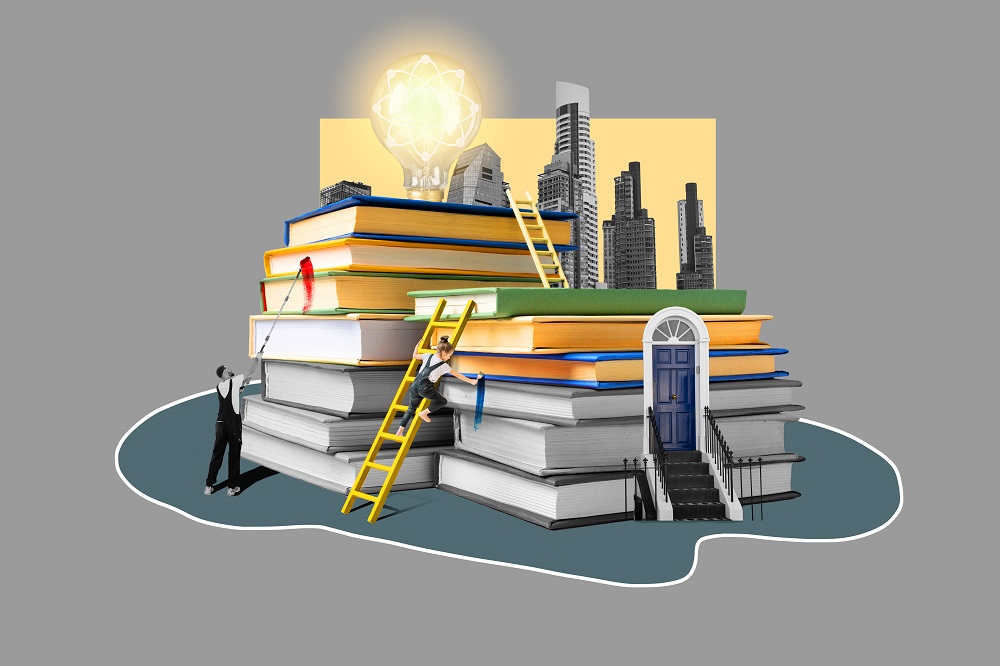School education in India is rapidly changing, and for the better. With the National Education Policy (NEP) 2020 encouraging the integration of vocational education from Class 6 onwards, there’s a growing push to make learning more relevant, experiential, and aligned with real-world careers.
This shift becomes especially significant at the secondary and higher secondary levels (Classes 9 to 12), where students begin to consolidate their learning and explore future career paths.
Among the many enablers of this transition, practical labs stand out as a critical tool to bridge the gap between classroom knowledge and industry application.
The need for industry participation in school education
While curriculum reforms have laid the foundation, implementation requires strong industry-academia collaboration. Without industry support, it becomes challenging for schools to:
- Keep up with rapidly evolving technologies
- Provide access to modern training tools
- Deliver relevant and experiential learning
As students’ progress into higher grades, vocational learning evolves from basic exposure to specialization and application. The National Curriculum Framework for School Education (NCF 2023) reinforces this, stating that in the secondary stage, learners should gain competencies through:
- Work with machines and materials
- Work in human services
- Work with life forms
“In the Secondary Stage, the first two years would work towards consolidating capacities to develop transferable skills that serve students well in any vocation. In the last two years, students will be given opportunities to specialize in specific vocations of their choice.” – National Curriculum Framework for School education (2023)
Clearly, vocational education cannot be limited to textbooks or classroom lectures. To deliver what the policy envisions, schools need labs, tools, trained teachers, and real-life exposure, all of which require close collaboration with industry partners.
Why do schools need practical labs now more than ever?
The NEP 2020 envisions a system where every student is introduced to at least one skill during middle school. This early exposure aims to:
- Build awareness about various career options
- Sensitize students to the world of work
- Promote dignity of labour and appreciation for hands-on skills
Subjects like Electronics, Robotics, Artificial Intelligence, IT/ITeS, Healthcare, and Beauty and Wellness, as offered by CBSE, demand not just theoretical knowledge but practical exposure that simulates real-world scenarios.
Explore the full list of CBSE skill subjects here: CBSE Skill Education Curriculum
But to make these subjects effective, practical exposure, a key element is still missing in many schools.
The need for practical labs
As vocational education becomes an integral part of school curriculum, especially in subjects like Electronics, Robotics, AI, and IT/ITeS; schools face a critical challenge: How do we move from theory to application?
The answer lies in setting up well-equipped practical labs that bring concepts to life and create real-world learning experiences. Such labs:
- Enable students to interact with devices, sensors, and systems
- Provide space to experiment, build, and test
- Cultivate problem-solving, creativity, and hands-on skills
- Align learning with the expectations of modern industry
Without this practical exposure, even the most thoughtfully designed curriculum falls short of its potential.
To address this, Composite Skill Labs, mandated by CBSE offer a powerful and scalable solution for schools aiming to implement skill-based education effectively. These integrated labs combine multi-skill training setups with curriculum alignment, teacher training, and modular infrastructure.
Also read: Is your school ready for Composite Skill Labs? Here’s how we can help
How industry can help with practical labs
To bring vocational education to life, schools need more than curriculum, they need support from industry to create hands-on, future-ready learning environments.
Here’s how the industry can make a difference:
- Provide modular lab infrastructure that aligns with school-level vocational subjects
- Support teacher training for operating and maintaining technical labs
- Enable workshops and mentoring to expose students to real-world practices
- Ensure relevance by keeping labs aligned with current and emerging technologies
- Facilitate exposure through projects, demos, or guided activities linked to careers
Practical training solutions from Nvis Technologies reflect this approach by offering integrated, plug-and-play lab setups that support multiple skill domains with ease of implementation. With the right partnerships, schools can bridge the gap between theoretical learning and industry-driven training.
How Nvis brings future technologies into today’s school ecosystem
To take this vision forward, Nvis School Labs Solutions brings future technologies into today’s school experience through tailored lab solutions.
Nvis School Labs Solutions provides cutting-edge laboratory equipment and educational training platforms to enhance hands-on learning in science and technology. These solutions cater to a wide range of subjects, including Physics, Mathematics, Electronics, Electrical, IoT, AI & ML, Coding, Drone, Robotics, 3D Printing, AR-VR, TLM and FLN. Each product is crafted to align with curriculum standards and foster a deeper understanding of scientific principles.
Focusing on innovation and quality, the labs supports schools in creating interactive and effective learning environments. Nvis’s comprehensive support and training ensure that educators and students maximize the potential of each lab setup.
Building future-ready schools through practical learning
By implementing such solutions, schools can transform from traditional institutions to centres of applied learning that prepare students not only for higher education but also for entrepreneurship and employment.
As schools move towards implementing the vision of NEP 2020 and adopting the recommendations of NCF, practical labs are no longer optional. They are essential to ensure that technical education is not just about content but about competence. By setting up industry-aligned labs and embracing hands-on learning, schools empower their students with real skills for real futures.








